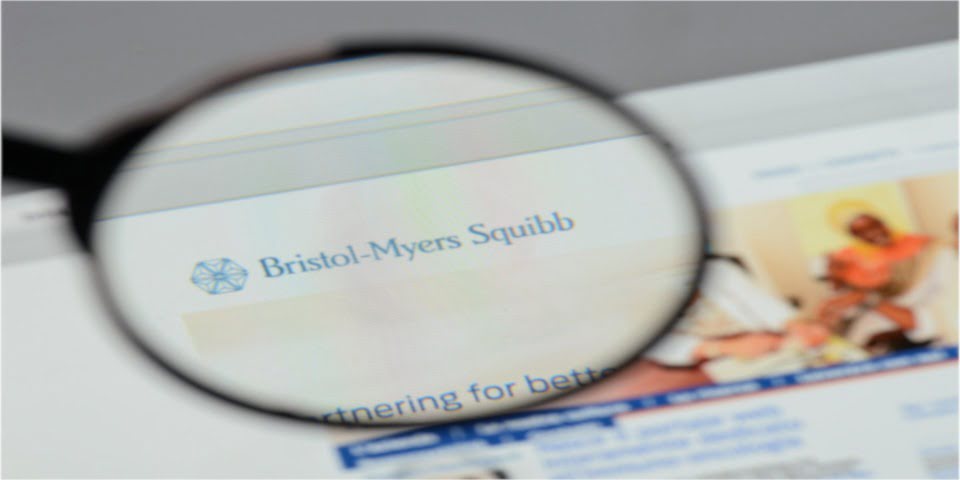According to an analysis conducted by Medicines Australia, at present, it takes on average 18 months for a PBS listing to be granted after a cancer treatment is registered by the TGA.
This 18-month lag is clearly very frustrating for cancer patients who are hoping to get reimbursed access to new medicines at the earliest opportunity.
One of the main drivers for this delay is the extensive negotiations that are required between manufacturers and the government to agree cost-effectiveness (value) and pricing. The medicine cannot be reimbursed until these negotiations are resolved and all parties agree for each individual treatment indication.
Bristol Myers Squibb (BMS) has put forward an approach in writing today to the Pharmaceutical Benefits Advisory Committee that it says is workable and could be implemented as a pilot program that may cut the waiting period down to three months.
BMS has proposed an approach that it believes still fits within current legislation but draws on learnings from PBAC precedents in regard to the medicine being assessed.
Based on previous negotiations and agreed prices for other indications, BMS feels it is possible to calculate an interim or “anchor” price that would likely be very close to an eventual agreed price.
A reimbursement system that uses an agreed anchor price would reduce the delay between TGA registration and PBS listing for specific treatments, which could mean patients would have access to medicine within months, rather than years.
BMS says the aim is to reduce delays in assessment times so that once the new immuno-oncology medicine is approved by the TGA as safe for use, patients who are seriously ill with cancer are given affordable access to new treatment options sooner. Cancer patients don’t have time to wait.
In short, swift agreement around an anchor price would facilitate access while the government and manufacturer continue to finalise negotiations around the eventual price.
Further to the PBAC meeting, BMS has been working with the PBAC, and now a redacted version of their submission is available on the PBAC website:
http://www.pbs.gov.au/info/industry/listing/elements/pbac-meetings/agenda/august-2018-pbac-special-meeting
BMS has provided 15 submissions to the PBAC during the past four years related to the reimbursement of immuno-oncology treatments.
Immuno-oncology treatments, such as PD-1 inhibitors, are changing the way cancer is treated. These new treatments harness the body’s immune system to fight cancers located in all parts of the body, not just one specific location.
BMS’ Opdivo is TGA approved for use in 10 indications across six cancer types. Of these, four distinct tumour types are subsidised on the PBS. These medicines also are being studied in many additional types of cancers.








